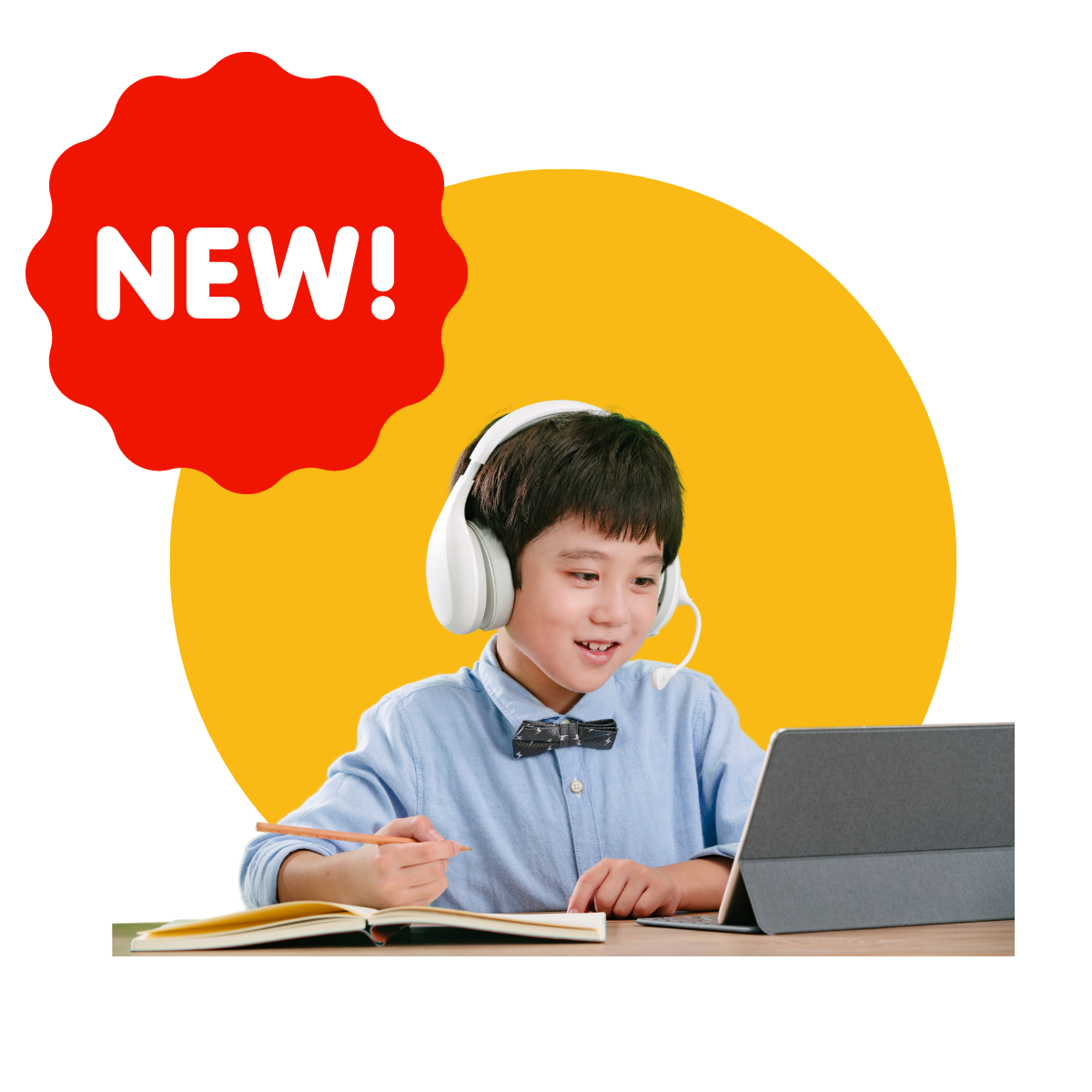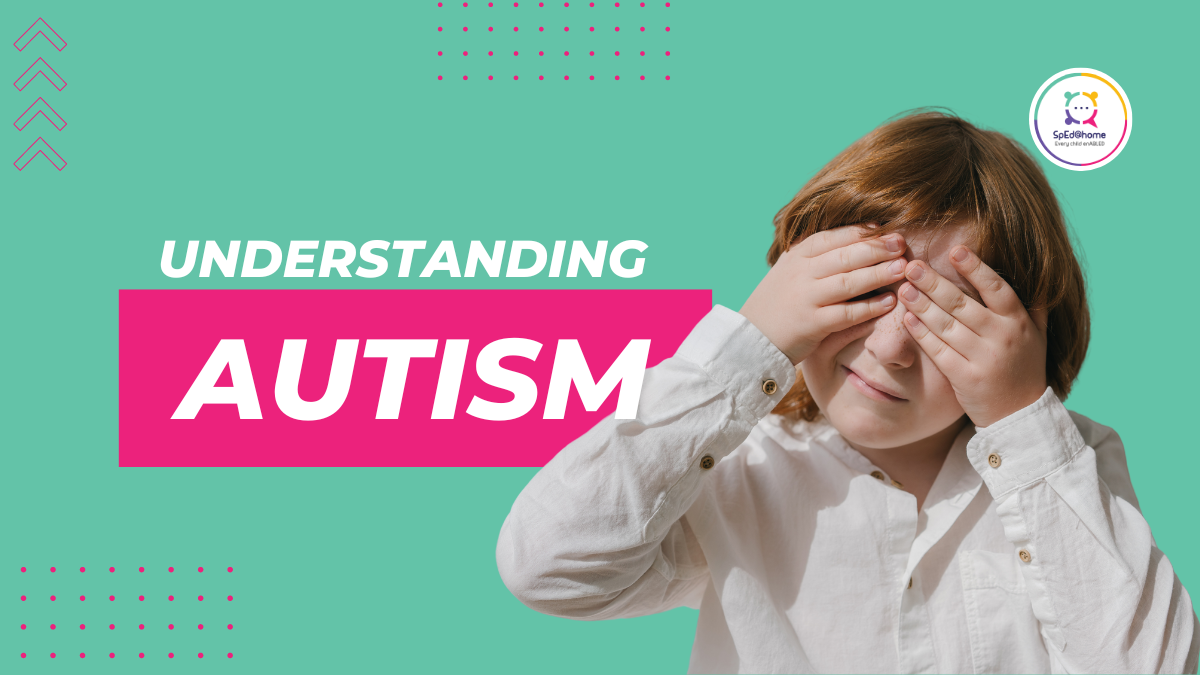The term Autism comes from the Greek word autos which means “self” – thus, in a way, making those affected by it “isolated selves”. It’s a developmental disability that appears before the age of three.
Types of Autism
There are five types of Autism which are largely divided into two categories, high functioning Autism, and low functioning Autism.
How is it diagnosed?
There is no particular way that Autism is medically detected and there is no cure for it. It is difficult to diagnose because there are no specified or prescribed tests or ways to detect it. Autism is mainly detected by observing children, their symptoms and interviewing parents, though certain standardized tests are also involved.
Click here to book an assessment
Detecting Autism in toddlers
You as a parent may need professional help if your child does not reach these milestones or doesn’t show them later on:
-
- Smiling by six months.
-
- Imitating facial expressions or sounds by nine months.
-
- Coos or babbles when 12 months old.
-
- Gestures by 14 months of age.
-
- Speaks in single words by 16 months and uses expressions of two words or more by 24 months.
-
- Plays “make-believe” by 18 months.
Few symptoms of Autism
-
- Evading eye contact.
-
- Having little or no interest in other children or caretakers.
-
- Inadequate demonstration of language (for example, having fewer words than peers or difficulty with the usage of words for communication).
-
- Getting saddened by minor changes in routine.
Behavioural patterns in Autism
-
- Repetitive and restless gestures
-
- Obsessions with certain objects
-
- Extremely sensitive to lights, touch and sound
-
- Fussy about food
-
- Poor coordination
-
- Aggression
-
- Poor attention
Effects of Autism
Social-Emotional difficulties
-
- They are socially withdrawn; they prefer to be alone.
-
- They avoid eye contact and touch.
-
- They are emotionally less aware of themselves and others.
-
- When they’re upset, they like to be left by themselves.
Effects in communication
-
- Around 40% of children with Autism are not able to speak, some lose their communication skills with time and some speak later.
-
- Repeating sentences.
-
- Minimal use of gestures.
Strategies to handle Autism
Early interventions in Autism lead to better results in children. Interventions need to be
Taking Autism positively
-
- Autistic children are very passionate about their wide range of interests, they dig deep into their favourite subject until they feel satisfied.
-
- They are honest about what they feel.
-
- They have different perceptions of the world and interpret information in unique ways.
-
- They have an eye for detail and pay attention to things that others may overlook.
-
- They love routines and follow them religiously.
-
- They have an excellent memory and a great ability to recall facts.
-
- They tend to be visual thinkers with above-average intelligence, have their own set of social rules and take great pride in their authenticity.
Supporting children with Autism
As parents, you are the first source of comfort for your child and rush to you whenever in need. So, here are a few of the things you can do, to reassure them:
Try to understand them, allow them to express their most inner needs. Help them with coping and calming skills and also assist them to preserve and build new routines.
Lesser-known facts about Autism
-
- Boys are five times more prone to Autism than girls.
-
- Autism in girls has not been researched adequately.
-
- Pregnancy issues are also not a cause for Autism.
-
- When Autism is addressed and managed well in early childhood, your children can go on to become responsible and independent citizens who contribute to society.
-
- Children with Autism can be very creative, especially in fields like music, theatre, art, dance and singing.














